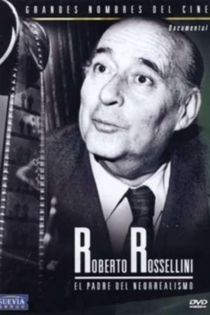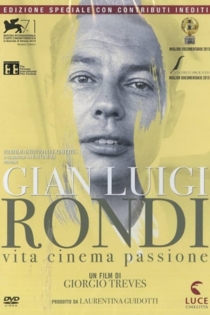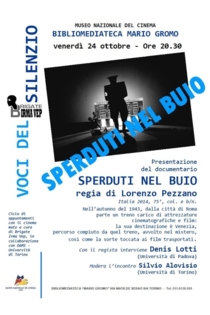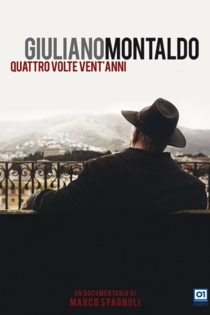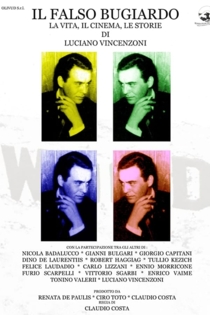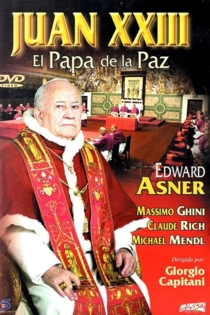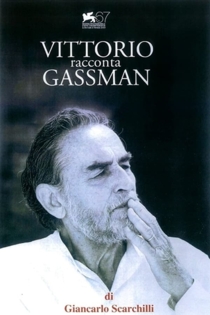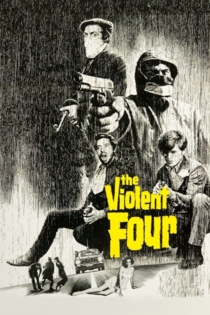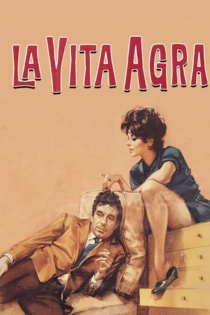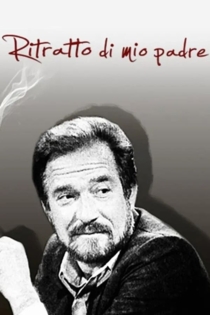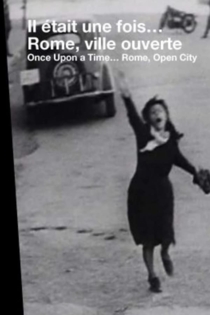
Carlo Lizzani
1922 - 2013Sergio Leone: cinema, cinema
Carles Prats
Tonino Delli Colli, Carla Leone
The life and work of one of the great masters of Italian cinema, Sergio Leone (1929-89); a rich and fascinating portrait through unpublished testimonies of collaborators, actors, directors and critics who reconstruct every aspect of his creative activity.
Sergio Leone: cinema, cinema
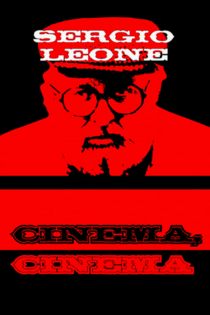
Cronache di poveri amanti
Carlo Lizzani
Anna Maria Ferrero, Cosetta Greco
In 1925, young Florentine typographer Mario moves to via del Corno to be near his girlfriend Bianca. Here befriends Maciste, his landlord, and Ugo, anti-fascists both of them. After a resident is beaten by the fascists, Mario meets her wife Milena at the hospital, falling in love with her and leaving Bianca. Maciste is killed, again by fascists, while Ugo is wounded and he seeks shelter in a nearby house. Here he falls in love with Gesuina and the two marry. Milena's husband dies, but she and Mario part ways. Later, Mario is arrested by the police.
Chronicle of Poor Lovers
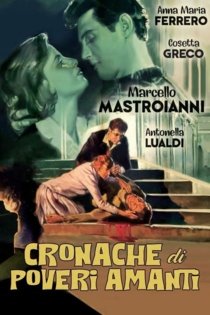
Maria Josè, l'ultima regina
Carlo Lizzani
Barbora Bobuľová, Alberto Molinari
Maria Josè was the daughter of the king of Belgium and she was betrothed to Umberto di Savoia, the son of Vittorio Emanuele III, the king of Italy. The movie tells her story from her teens, when she was a Red Cross nurse during World War I until her exile in 1946.
Maria Josè, l'ultima regina
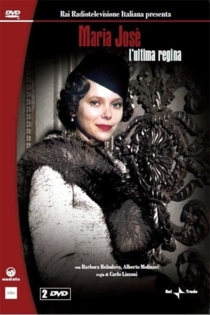
Giuseppe De Santis
Carlo Lizzani
Alessandro Angelini, Lino Capolicchio
A brief tribute to the great director, spanning through some insights about his character, his works, his life, through the words of critics, relatives, colleagues, with a collage technique of interviews, archive footage, and brief excerpts and pictures from some of his works.
Giuseppe De Santis

Roberto Rossellini: Frammenti e Battute
Carlo Lizzani
Carlo Lizzani, Isabella Rossellini
Documentary about master director Roberto Rossellini, who tells details of his life and childhood and visits the places where he has lived and shot some of his most famous movies.
Roberto Rossellini: Fragments and Jokes
